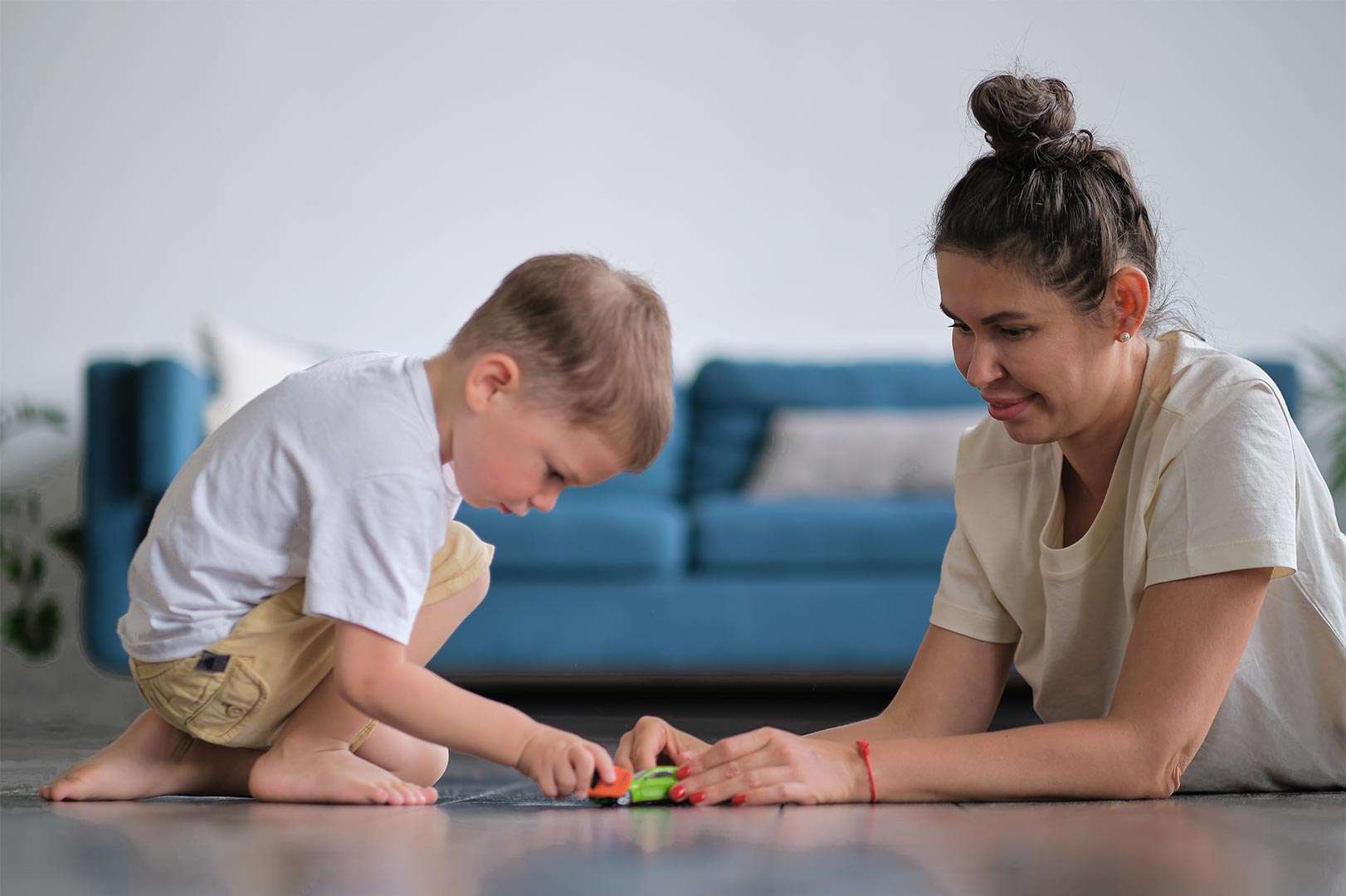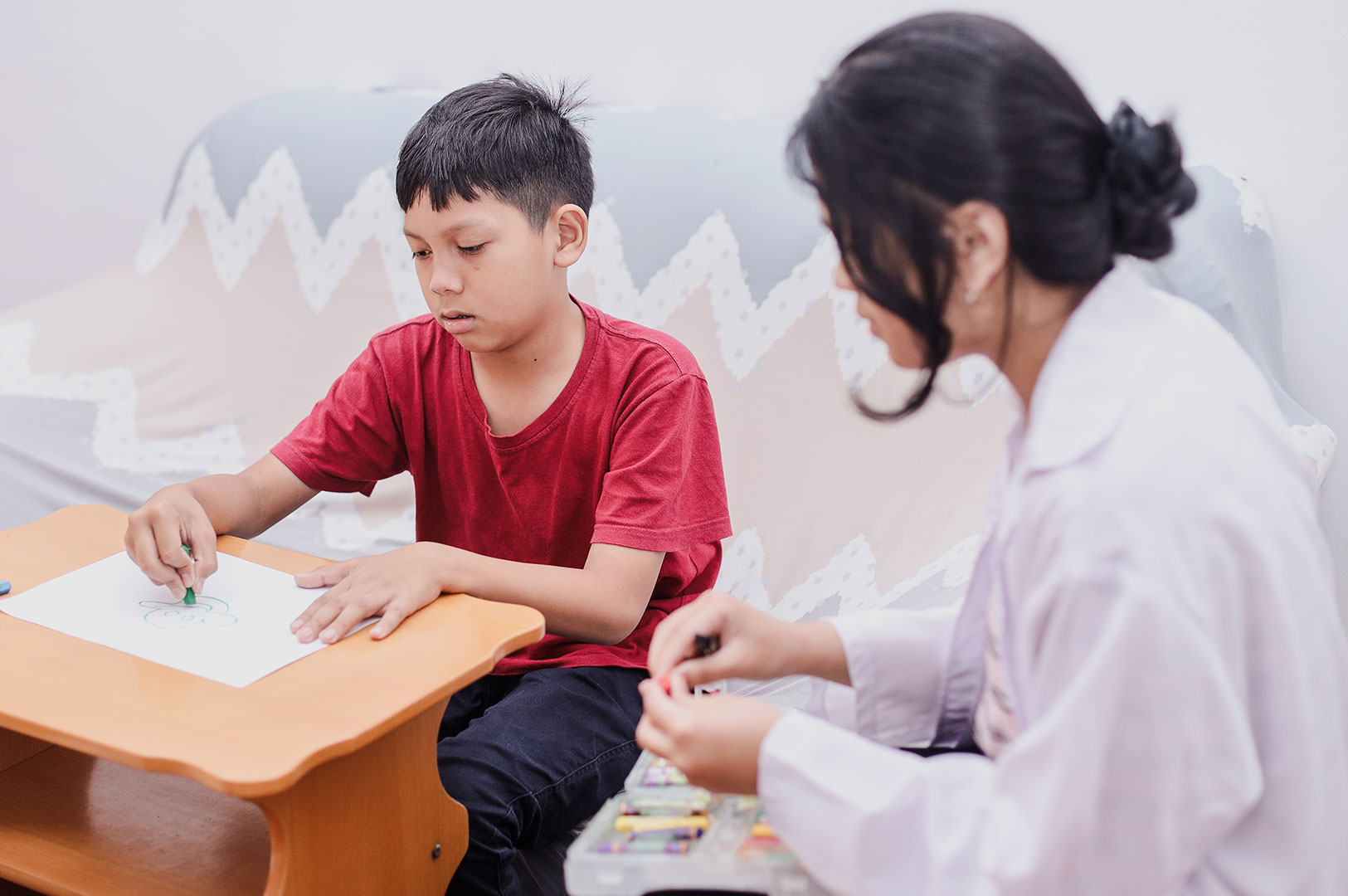Communication skills are essential for all students, but they can be especially challenging for students with autism. Autistic students may have difficulty with verbal communication, nonverbal communication, or both. However, there are many things that parents, teachers, and other caregivers can do to help autistic students develop their communication skills.
1. Create a supportive communication environment.
The first step is to create a supportive communication environment for your student. This means providing them with opportunities to communicate and interacting with them in a way that is responsive and understanding.
- Follow your student’s lead. Pay attention to what your student is interested in and try to communicate about those topics. This will help them to see communication as something that is enjoyable and rewarding.
- Use simple language. Avoid using complex sentences or jargon. Instead, use short, clear sentences that your student can easily understand.
- Be patient. It may take your student longer to process information and respond to you. Be patient and give them the time they need.
- Be positive. Reinforce your student’s communication attempts with praise and encouragement.
2. Teach your student different ways to communicate.
There are many different ways to communicate, including verbal communication, nonverbal communication, and augmentative and alternative communication (AAC) devices. Teach your student different ways to communicate so that they can choose the method that works best for them in a given situation.
- Verbal communication. Verbal communication is the use of words to communicate. You can teach your student verbal communication skills by modeling your own speech, providing them with opportunities to practice speaking, and using positive reinforcement.
- Nonverbal communication. Nonverbal communication includes things like facial expressions, gestures, and body language. You can teach your student nonverbal communication skills by modeling your own nonverbal behavior, responding to their nonverbal cues, and providing them with opportunities to practice nonverbal communication.
- Augmentative and alternative communication (AAC) devices. AAC devices are tools that help people communicate who have difficulty speaking. AAC devices can include picture boards, speech-generating devices, and mobile apps. If your student is struggling with verbal communication, you may want to consider using an AAC device.
3. Use evidence-based communication interventions.
There are a number of evidence-based communication interventions that can be helpful for students with autism. Some of these interventions include:
- Picture exchange communication system (PECS). PECS is a system of communication that uses pictures. Students learn to exchange pictures with others to request items, activities, and attention.
- Applied behavior analysis (ABA). ABA is a type of therapy that uses positive reinforcement to teach new skills and behaviors. ABA can be used to teach students with autism a variety of communication skills, such as requesting, responding, and initiating conversations.
- Social communication intervention (SCI). SCI is a type of therapy that focuses on teaching students with autism the social skills they need to communicate effectively. SCI can teach students things like how to start and maintain conversations, how to take turns talking, and how to use nonverbal communication.
4. Work with a team of professionals.
If you are concerned about your student’s communication skills, it is important to work with a team of professionals. This team may include a speech-language pathologist, a behavioral therapist, and a special education teacher. These professionals can assess your student’s communication skills and develop a plan to help them improve.
5. Be patient and persistent.
Developing communication skills takes time and effort, especially for students with autism. Be patient and persistent with your student, and celebrate their progress along the way.
Find out if your child needs extra support today!
- My child screams hysterically
- My child is mean to other children
- My child is always worried
- My child is scared to go to school
- My child is scared of loud noises
- My child doesn’t know how to read
- My child is scared to play outside
- My child does not respond to his name
- My child always gets in trouble
- My child fights with other children
- My child doesn’t know how to count
If you are concerned about your child’s development, contact us for Assessments: Phone/Telegram: 077.455.993 – Telegram Link: https://t.me/OrbRom
If you are concerned about your child’s development, contact us for Assessments.
Phone/Telegram: 077.455.993 Link: https://t.me/OrbRom






Leave A Comment